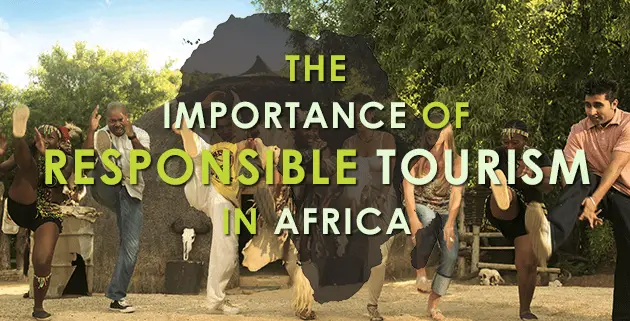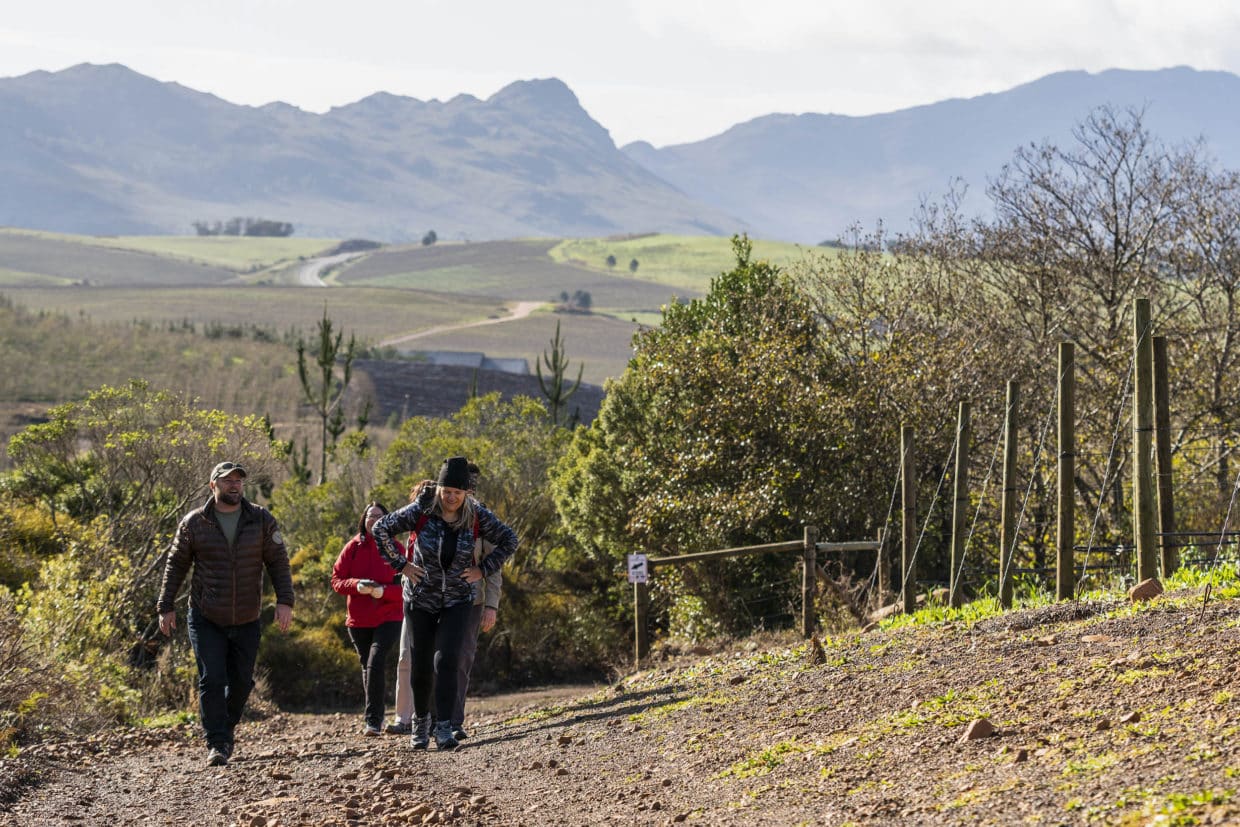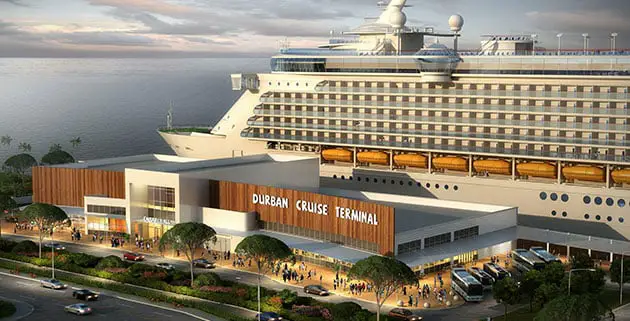Using Film Festivals as a Tourism Marketing Tool
Considering the limited marketing budgets that most tourism organisations face, film festivals and film productions can be leveraged as an alternative marketing medium, as they do their own promotional campaigns, thereby reaching a wider audience through indirect publicity. By Leonie Berning.
“Location, location, location.” Or perhaps for the purpose of this article, “destination”. The term “destination” is defined by the United Nations World Tourism Organization as a place that is significant to the purpose of the trip, for example a business meeting. In the case of film, it relates to a location intended for the production of a film or alternatively as a film location intended as part of a holiday or for recreational purposes (UNTWO 2008). It further states that it can only achieve the status of a destination, through marketing and promotion (Morgan, Pritchard & Pride 2011).
Which brings to surface a significant platform for film and film tourism marketing: Film Festivals.

Having attended a share of festivals, nationally and internationally, I’m becoming more aware of certain areas within the film and tourism industry, not being exposed for the potential it holds for tourism in general, especially at film festivals. Could it be a general misconception that, aside from the screening of films that Joe and Jane Public is able to partake in, a film festival to be purely for “film people”? Perhaps. Perhaps film festivals have never truly been deemed a platform to market tourism establishments or services individually.

“Just like product placement can affect a viewers’ opinion about the product, place placement can have the same outcome. Product or Place placement is considered a more subtle way of marketing compared to aggressive straightforward marketing campaigns and the viewers can be more receptive to the promotional messages that are sent through them. Especially through films, powerful and emotional connections with a place can be created and consumer’s expectations of a place moulded. (Hudson & Richie 2006,387; Roesch 2009, 27).
Films are a great way to shape the potential visitor’s perception of reality and create a new kind of trust and respect. During economic challenges the consumers travel decision might bend towards the Country which has the best offer to escape reality and embrace the recreation of fantasy (Morgan et. Al. 2011, 3, 239).
In order to offer a service of any kind, it is essential to understand who that client is, and the industry he or she works in. Be it through feature films, commercials, television or documentaries, there is an opportunity to benefit both the film sector as well as the tourism sector through film festivals as a marketing platform.
All filming aside, there is much festivity too. From award winning ceremonies, workshop sessions with experts to sipping sundowners on the beach with the latest blockbuster on the block or even sharing awe inspiring laughs through experiences shared by documentary filmmakers that range from diving with dragons to surfing with sharks, film festivals are also about being people friendly!
As a very good friend of mine quoted recently: “Only in Durban can you throw a cocktail party on the beach, have a photo exhibition in an aquarium, access local cinemas within a kilometre and send international delegates to some of Africa’s finest game reserves – all in winter. When our festival delegates weren’t pitching films to TV commissioners, they were shark diving and swimming in the sea… what a success this festival year has been!” – Shani van Straaten, Wild Talk Africa Film Festival Manager.
About the Author. Leonie Berning is the Executive Director of Limelight-Africa Film Foundation. www.limelight-africa.com





